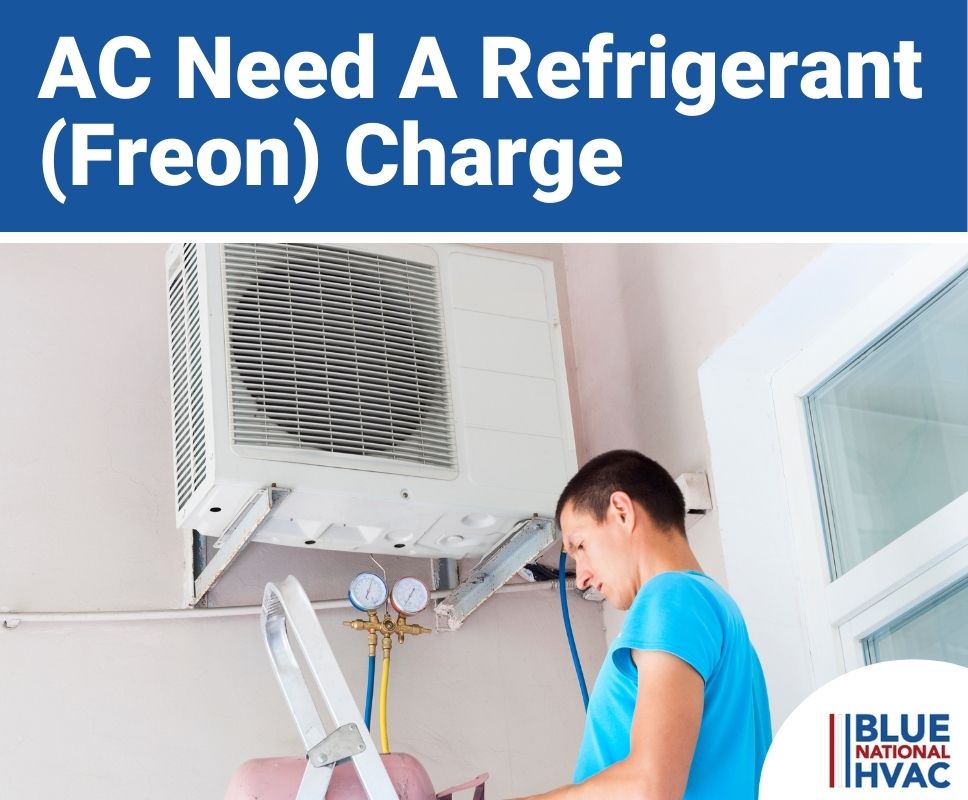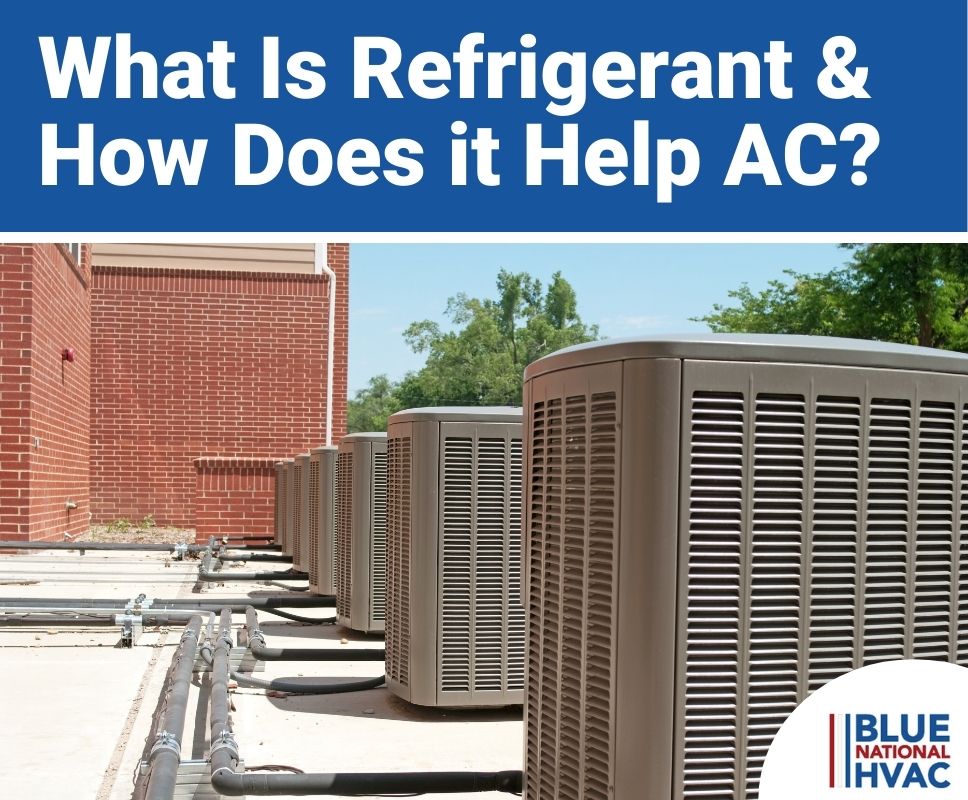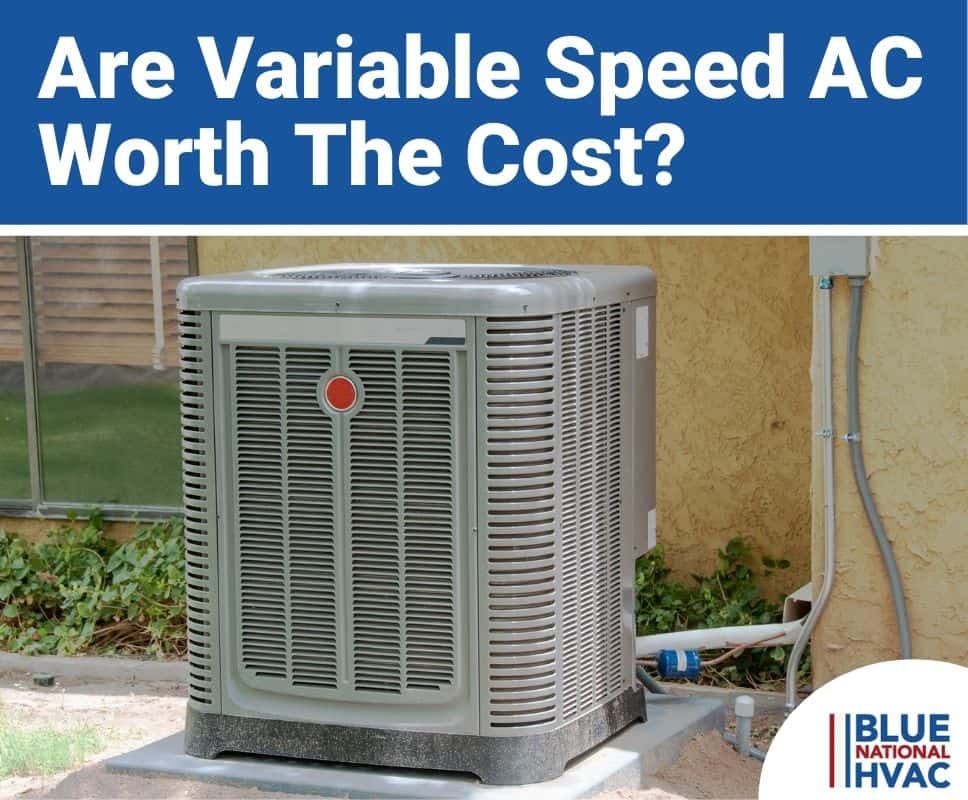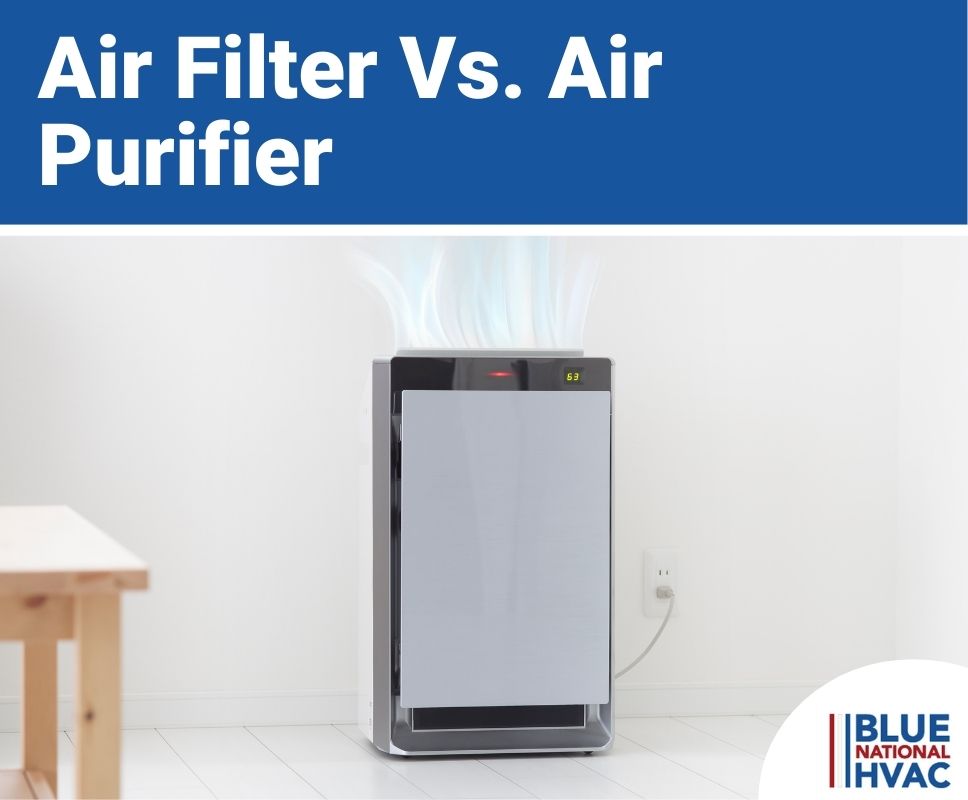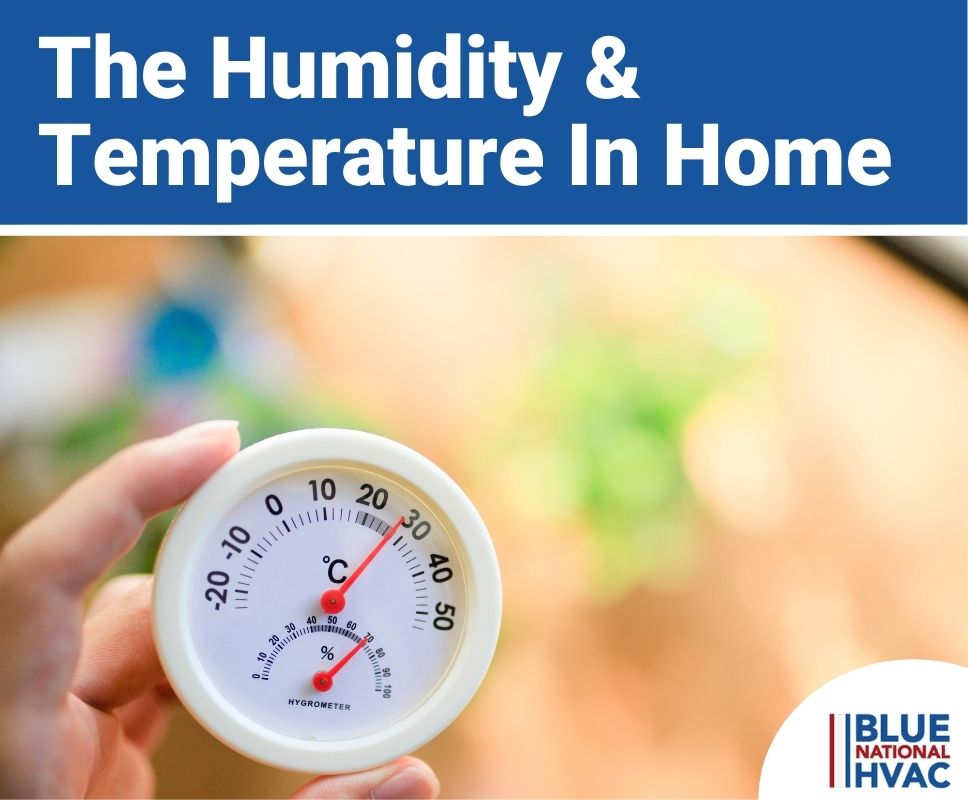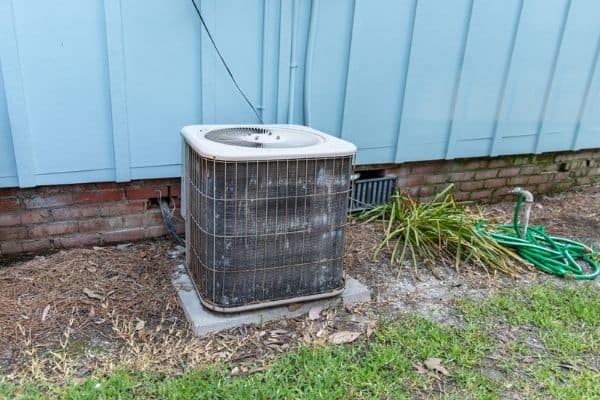Top 9 Differences Between Boiler and Furnace
Boilers and furnaces are widely different heating systems, both of which are used by many homeowners to stay warm and toasty.
Boilers provide heat to homes by heating water and pumping it through the house to radiators or in-floor heating. On the other hand, furnaces heat air and blow it around your home via a duct system. They are two of the most common in-home healing systems around.
Let’s take a look at the significant differences between boilers and furnaces.
How They Make Heat
Furnaces and boilers both convert energy into heat. They then move the heated medium around your home to increase the temperature. While they share this core principle, the way they work is very different.
Gas Furnaces
Gas furnaces are the most common type of forced-air heating system. They heat your home by burning fossil fuels in the burner. A heat exchanger, which is directly above the open flames of the burner, is warmed by the combustion.
Once the burner heats the heat exchanger, cool air is blown across it by the blower. As the air moves across the heat exchanger, its heat is transferred to the air, which is then pushed through the ductwork and into all the rooms of the home.
The warm air rises to the ceiling while the cooler air is then sucked back into the furnace through the return vents, where the heat transfer process is repeated until the thermostat’s setpoint is reached.
Electric Furnaces
Electric furnaces move hot air around the home the same way as gas furnaces do. However, they instead electrically heat resistors to generate heat. Otherwise, they are very similar. They are also perhaps safer than gas furnaces as there is no risk of carbon monoxide or gas leaks.
Boilers
Like gas furnaces, a boiler heating system also uses combustion to heat homes. They burn either natural gas, oil, propane, or wood pellets to heat water. There are also boilers that use electricity to heat water.
They are simple in their operation. The boiler heats water to very high temperatures (sometimes making it into steam). A circulator pump moves it throughout the home to cast iron radiators, baseboard radiators, or radiant heat flooring systems (also known as a hydronic heating system). They provide even heat distribution to homes.
The heat from the water in the radiators then heats the air in the rooms. However, sometimes boilers pump hot water through a coil, and the air is blown across it to transfer heat.
Both steam boilers and hot water boilers can be heated by combustion or electricity. Boilers provide the best heat consistency of every home heating system.
Local Climate
Both boilers and furnaces are great heating system options for climates with frigid winters. In warmer climates with more mild winters, boilers and furnaces work well too. They both heat homes just as well, regardless of the climate zone.
However, boilers are generally more energy-efficient systems which mean they will work slightly better than furnaces.
Air Quality
Since furnaces move heated air around the home through ductwork, they also circulate and collect dust, pet hair, and other particulates. All furnaces include air filters that routinely need to be replaced or cleaned to prevent poor indoor air quality.
On the other hand, boilers don’t blow any air, dust, or potential allergens around your home. Therefore, homes with boilers tend to have better air quality. Plus, they don’t dry out the air as a forced-air furnace does, and they provide a more consistent temperature in the home.
Installation
Boilers have a more complex installation than furnaces. They have to be connected to pipes, the gas line, and electricity. Additionally, if you need new radiators in the rooms of your home, that adds another level of complexity to the boiler installation.
Furnaces are a challenging install too but require less time. If there is pre-existing ductwork in the home, installing a new furnace involves removing the old unit, the connection of gas and electrical, and test verification.
Installation of furnaces and boilers is no easy DIY project and should only be handled by a professional HVAC service company. Give us a call today for a free quote!
Maintenance
In terms of the amount of system maintenance, furnaces require more than boilers. For example, since furnaces have a filter, they need routine replacement or cleaning. Furnaces use blower motors to force air through the ducts and require regular maintenance to ensure they continue to work efficiently.
Additionally, since dust and dirt can enter the furnace through the ductwork, a routine internal cleanout is also required.
Boilers are a closed-loop system, and the primary maintenance required involves checking for leaks and ensuring that the ignitor and burners are clean.
Costs
Between boilers and gas furnaces, boilers are usually the more expensive option. If you’re looking at having a new heating system installed, here is what you might pay:
- Boiler system: $2,000 to $10,000 including installation
- Furnace: $2,400 to $3,500 including installation
As you can, boilers have a significantly higher average price range. However, the price range of boilers depends on the efficiency of the unit. Mid-range, lower efficiency models run about $2,000 to $4,500 while high efficiency system are in the $4,500 to $10,000 price range.
Physical Size
The boiler and furnace system takes up about the size amount of floor space in your home. In larger homes, boilers might take up a bit more floor space, but the difference is negligible.
Another space constraint you have to consider is the location of supply vents in your home. Air vents can restrict where you can place furniture in the house since you can’t put your couch on top of it.
This same floor layout restrictions arise on boiler systems with cast iron radiators, too – you can’t place furniture near them either. However, boilers with radiant heat flooring systems allow you to place furniture in any location on your floor since the heating elements are stashed away beneath the floor.
Energy Efficiency and Usage
New furnaces and boilers can produce heat for your home at high efficiencies, with maximum efficiencies reaching as high as 98.5%.
Older furnaces and boilers may be as low as 56% efficiency, and by upgrading your heating system, you can lower your home’s carbon footprint and significantly lower your heating bills.
The energy efficiency of boilers and furnaces is rated with the Annual Fuel Utilization Efficiency rating or AFUE for short. AFUE is the measure of the amount of fuel burned per year that is converted to heat.
For example, if only 56% of the fuel is converted to usable heat, then the AFUE rating is 56.
Here is how the AFUE rating of boilers and furnaces compare:
- Boilers – 80 to 98.5 AFUE
- Furnaces
- Gas & fuel furnaces AFUE: 80%
- Electric furnaces AFUE: 95-100%
As you can see, both heating systems are highly energy-efficient. In terms of energy usage and the resulting energy costs, boilers use less fuel and have lower operating costs.
Safety
Boilers and furnaces both have strict safety standards that manufacturers are required to meet with their products.
However, with gas-fired boilers and furnaces, there is always a tiny chance of a gas leak or carbon monoxide entering your home. The risk is minimal, but it is there. As such, electric boilers and furnaces are slightly safer.
What Are The Advantages and Disadvantages of Boilers?
Boilers are one of the best and most efficient ways to heat your home. However, if you don’t have existing radiators, a conversion from a ducted heating system to a boiler is an expensive and challenging task.
| Boilers | |
| Advantage | Disadvantage |
| More stable, consistent heat and comfort | Does not provide cooling |
| Quieter than a furnace | Gas boilers directly use fossil fuels |
| Better indoor air quality | Risk of carbon monoxide emission or gas leaks |
| No ductwork | Higher cost |
| Heated water is reused | Potential for leaks, water damage, and freezing |
| Easier zone control (different temperatures in various rooms) | Slower response time to heating requests |
What Are The Advantages and Disadvantages of Furnaces?
Similar to boilers, furnaces are an efficient way to heat your home. If your home does not have existing ductwork, installing a forced air furnace becomes complex, lengthy, and expensive. Here are some of the furnaces’ pros and cons:
| Furnaces | |
| Advantage | Disadvantage |
| Works well in climates with frigid winters | Does not provide cooling |
| Highly energy efficient | Larger indoor footprint than a heat pump |
| Lower overall cost | Louder than a boiler |
| Lower energy bills in cold spells | Risk of carbon monoxide or gas leaks |
| Easier installation | Lower indoor air quality, more allergens |
| Fast temperature change to increased heating demands | Requires replacement of air filters |
| Pairs easily with a ducted air conditioning system | No ability to control zone temperatures |
Which is Cheapest – Boiler vs Furnace?
Furnaces are generally the cheapest option compared to boiler systems. However, if you are replacing your current boiler system, it is cheaper to get a new boiler because you’d have to have ductwork installed all throughout your home.
The same is true for furnaces- if you are replacing an existing furnace, it is cheaper to stick with a furnace instead of paying the extra installation costs for radiators and heat transfer pipes.
Mid-tier boilers with “good” efficiency ratings cost on average $2,000 to $5,000 with higher-efficiency systems costing $5,000 to $10,000. Furnaces cost significantly less, ranging from $2,400 to $3,500.
Which Option is Best for My Climate?
Boilers and furnaces are both great systems for heating your home in any climate, especially particularly cold ones. However, heat pumps are usually a better option for climates with mild winters, like the southern US.
One thing that boilers and furnaces like are the ability to cool a home. Therefore, if you live in a climate with hot summers and cold winters, you will have to pair a furnace and a boiler with a cooling system, such as a central air conditioner or a window AC unit.
Both Boilers and Furnaces Should Be Professionally Installed
Boiler and furnace installations require a professional touch. They are both complex installation processes- gas and electrical lines have to be connected, the system has to be assembled, and the boiler or furnace must be tied into your home to provide heat. Additionally, the heating system has to be tested and balanced.
Because of the complexity and inherent dangers of dealing with electricity and gas, you should hire a professional HVAC technician to complete the job. Call our team of HVAC and boiler pros today to get your boiler, furnace, or any HVAC system installed safely and correctly!


